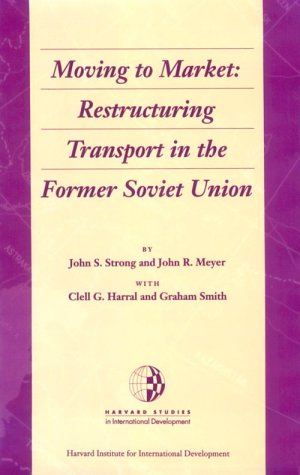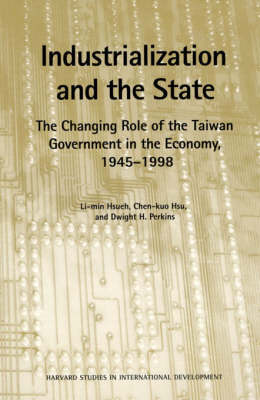Harvard Studies in International Development
2 total works
Transport in the former Soviet Union is experiencing massive changes in the 1990s: government responsibility has changed from operation to oversight; competition in the industry is increasing; and alternative financing and investment methods are emerging. "Moving to Market" examines rail, road, water and air transport in the former Soviet Union and discusses the policy issues involved in making a transition from an industry once entrenched in a centrally planned economy to an industry that can thrive in a more open market. The authors conclude that the raw physical capacity is in place, but that quality of service and product needs to be improved. In addition, price structures need to be changed to reflect real costs and market demands. The authors cite the "three M's" - marshaling, managing and monitoring transport resources - as critical for the development of the nation's infrastructure as it moves toward to next century.
Industrialization and the State
by Li-Min Hsueh, etc., Chen-Kuo Hsu, Dwight H. Perkins, and Et Al
Published 15 February 2002
Taiwan's export-led industrial development is often presented as a model of how state intervention promotes growth. Others see the same experience as a model of a private enterprise market at work. This study demonstrates that Taiwan policy-makers varied their approach to development as circumstances changed. Export promotion of labour-intensive industries, which predominated in the 1960s, was supplemented by efforts to promote import-substituting heavy industries in the 1970s. In the early 1980s there was a fundamental change in the economic environment as Taiwan government reduced its active intervention in the economy and created a foundation for development based on information and other high-technology products. Taiwan's economy continued to prosper in the 1990s because policies and systems changed along with conditions.

